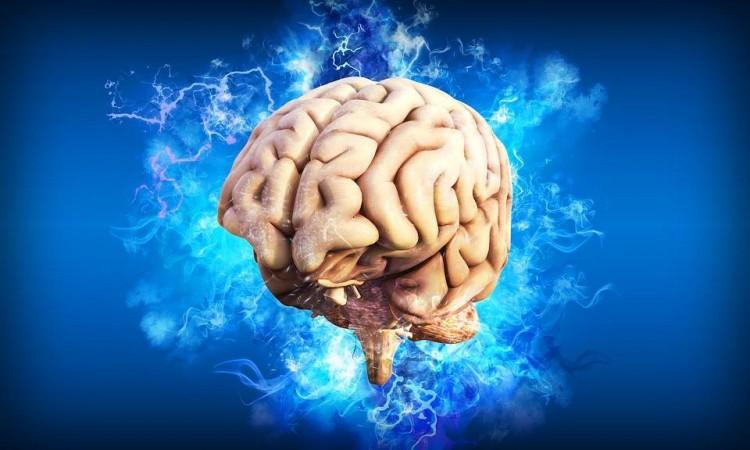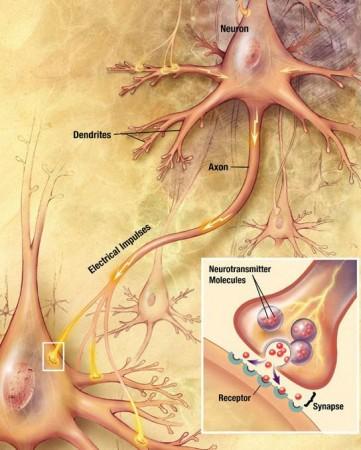Those who recreationally partake in certain types of mushrooms—which are colloquially known as 'shrooms'—are well aware of the euphoria that follows. Known for their hallucinogenic effects, the consumption of these 'magic mushrooms' dates back thousands of years, including their use in religious rituals. However, a new study states that a psychedelic compound found in the fungi can do more than just providing a trip—it leads to the growth of neural connections(synapses) lost due to depression.
According to researchers from Yale University, a psychedelic drug called psilocybin, which is naturally found in some mushrooms, can enable immediate and enduring increases in connections between neurons. Using an animal model, the study demonstrated that a single dose of the drug was sufficient to initiate a long-lasting rise in neural links.
"We not only saw a 10 percent increase in the number of neuronal connections, but also they were on average about 10 percent larger, so the connections were stronger as well," said Dr. Alex Kwan, senior author of the study, in a statement. The research was published in the journal Neuron.
Potential to Treat Depression

Though psilocybin has been looked into as a prospective treatment for depression for several years, its exact action within the brain has remained unclear; so has the duration of its beneficial effects. The compound's action leads to the activation of serotonin receptors, mostly within the prefrontal cortex. It is the region of the brain that regulates perception, mood, and cognition. Producing effects that are similar to those induced by other hallucinogenic drugs such as LSD (lysergic acid diethylamide) and mescaline, the 'high' can last for several hours.
Previous studies have offered promising results and findings that make a strong case for its use in the treatment of depression. For example, some researches have demonstrated that the use of the drug helped in decreasing depressive symptoms in those suffering from treatment-resistant depression. Other papers have found a statistically significant improvement in symptoms of depression and anxiety.

Dendritic spines are small membranous protrusions on the dendrite (extensions) of neurons, which aid in the transmission of information between them. It has been established that chronic stress brought on by depression can result in dendritic atrophy and spine loss in the neurons of the prefrontal cortex and the hippocampus.
Growth of Neural Connections
For the study, the authors administered psilocybin to mice. Following this, they conducted high-resolution imaging of dendritic spines using a laser-scanning microscope and observed them for several days in live mice. The team gleaned that there was a rise in the number of dendritic spines, and also their size within only 24 hours after the administration of psilocybin. Promisingly, these effects were found to exist even after one month.

Additionally, when the treated mice were subjected to stress, they displayed behavioral amelioration (improvements) and an elevated neurotransmitter activity was noted. A single dose of psilocybin led to an approximately 10 perecent increase in dendritic spine density, which was propelled by a high rate of spine formation.
According to Dr. Kwan, the novel psychological effects produced by psilocybin may be the source of the growth of neuronal connections. "It was a real surprise to see such enduring changes from just one dose of psilocybin. These new connections may be the structural changes the brain uses to store new experiences," he concluded.

















